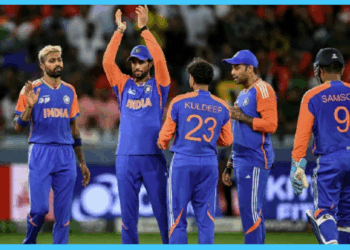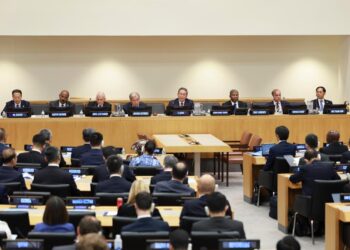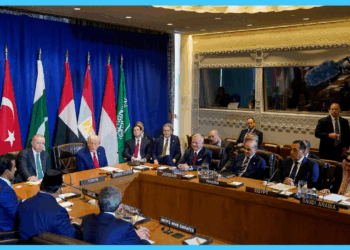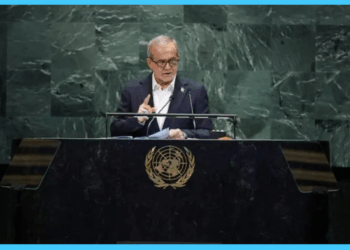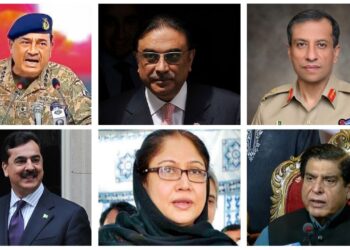ISLAMABAD (Web-Desk); Senior Congress leader and former Indian Home Minister P. Chidambaram has launched a scathing criticism of Prime Minister Narendra Modi’s government for what he described as its “opaque and evasive” handling of the April 22 Pahalgam terror attack and the subsequent Operation Sindoor in Indian Illegally Occupied Jammu and Kashmir (IIOJK).
In an interview with The Quint, Chidambaram questioned the ruling Bharatiya Janata Party (BJP) over its failure to disclose crucial details about the incident, particularly regarding the identity and apprehension of the attackers, and the current status of the investigation led by the National Investigation Agency (NIA).
“Where are the attackers? Why haven’t they been caught or even named? There was a brief mention of a few individuals arrested for allegedly sheltering the assailants. But what became of them?” he asked, referring to the April 22 assault in Pahalgam that left 26 people dead, many of them tourists.
Chidambaram alleged that the Modi government is likely concealing key information about tactical missteps and casualty figures incurred during Operation Sindoor — a retaliatory military response by Indian forces following the attack. “I believe, though I admit it’s speculative, that the government is hiding tactical failures and possibly the extent of our losses,” he said. He added that vague comments by the Chief of Defence Staff (CDS) and other officials hinted at re-strategizing, but without clear admission or transparency.
The Congress leader also criticised the fragmented flow of information. “We hear isolated statements from different quarters — the CDS speaks in Singapore, the deputy army chief in Mumbai, and a naval officer makes remarks in Indonesia. But there is no unified, official explanation from the Prime Minister, Defence Minister, or Foreign Minister,” he lamented.
Chidambaram also raised concerns over the silence of the NIA, India’s premier anti-terror agency. “What has the NIA done so far? Have they identified the perpetrators or traced their origins? For all we know, they could be homegrown terrorists. The government seems too eager to point fingers at Pakistan without providing solid evidence,” he said.
His remarks come amid growing criticism of the Modi administration’s national security record, especially following the April attack in the restive region of IIOJK, which reportedly exposed lapses in India’s intelligence and border security. The Indian central government had initially admitted to a security failure contributing to the Pahalgam attack.
Tensions escalated in May, as India and Pakistan engaged in a brief but intense military confrontation sparked by the Pahalgam incident. Pakistan launched a major counter-offensive dubbed “Operation Bunyan-um-Marsoos,” targeting multiple Indian military installations. The operation reportedly resulted in the downing of six Indian fighter jets, including three Rafales, and the destruction of dozens of Indian drones.
The military conflict, which lasted nearly 87 hours, ended on May 10 following a ceasefire agreement brokered by the United States. US President Donald Trump publicly announced the ceasefire via social media, claiming it resulted from his mediation and threats to suspend trade talks with New Delhi.
While India has denied that Trump played any mediatory role, Pakistan has officially acknowledged the US president’s intervention and nominated him for the 2026 Nobel Peace Prize, citing his contribution to averting a full-scale war between two nuclear-armed nations.









